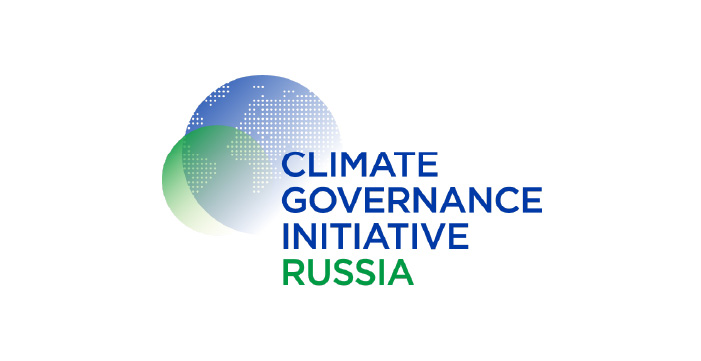Date: 24 March 2021

Host:
Climate Governance Initiative Russia
Panellists:
- Edward Dowling – Board Chair, Polyus Gold
- Tony Hayward – Board Chair, Glencore
- Eduardo Bartolomeo – CEO, Vale
- Tom Palmer – President and CEO, Newmont Corporation
Moderator:
Gillian Davidson – Former Head of Metals and Mining Industry, World Economic Forum and Head of Social Responsibility at Teck Resources; Current executive board member, Global Battery Alliance
For the global metals and mining industries to reach net zero, three things are needed: “technology, innovation and cooperation”. That was the message Vale CEO Eduardo Bartolomeo gave the audience on the third day of the CGI’s Global Summit.
The mining industry is facing physical climate risks, and these are unique to every company that has to contend with local precipitation patterns. Companies, therefore, have a vested interest in engaging with climate action and for that to translate into anything concrete, cultural change is needed at board-level to ensure that the climate agenda is embedded into a company’s core values.
Two examples of best practice of sustainability in the mining industry were presented as part of this session. The first came from Tony Hayward, who explained how his company Glencore was actively engaging shareholders in the development of strategy, with an internal carbon pricing and TCFD-compliant reporting now underway. Vale, on the other hand, has been investing in an electrolysis research project with a ‘competitor’ – proving that when it comes to climate action, companies can’t afford to see each other as rivals but as team members working towards the same goal.
Survival of a company is not the only consideration boards must take; sustainability is about protecting long-term investors and attracting new ones. Panel members argued that shifting the board’s mindset from a quarterly outlook to a longer-term plan was just one way of locking climate matters into the conversation. In an industry where the majority of emissions are scope 3, more companies need to visibly make commitments to reduce those in particular. Communication between governments, boards and policymakers must be improved. Government may support the mining industry in pushing towards net zero, but companies can’t achieve their commitments without governments putting regulations in place first.
Over the course of the session, a number of questions arose. Would a carbon border tax be introduced, as a consequence of carbon pricing? Why does it take so long to have projects approved? How might the industry help to reshape the economy towards carbon neutrality? Those are the challenges boards, governments and shareholders will have to tackle in order to make the metals and mining industry fit for the future.